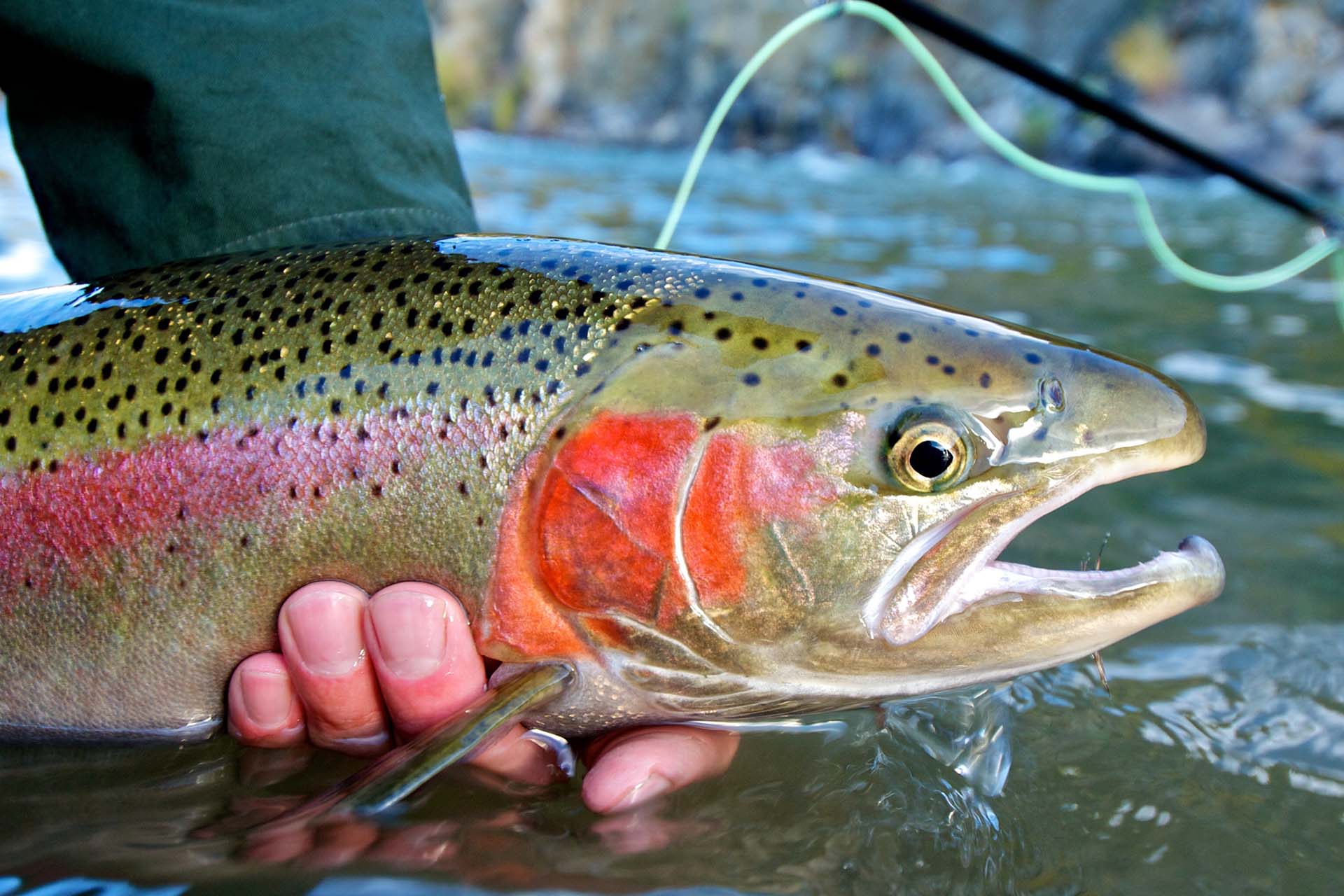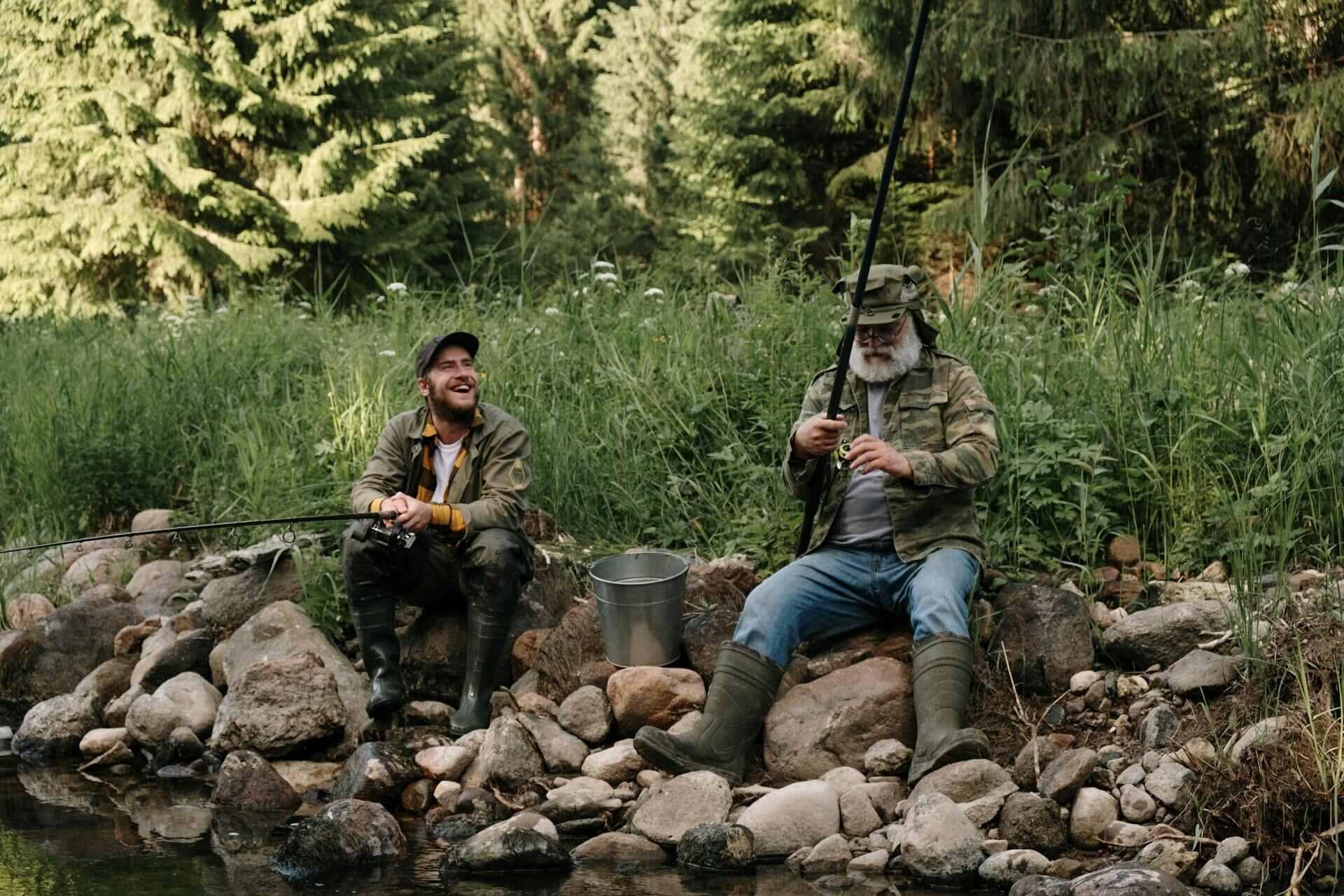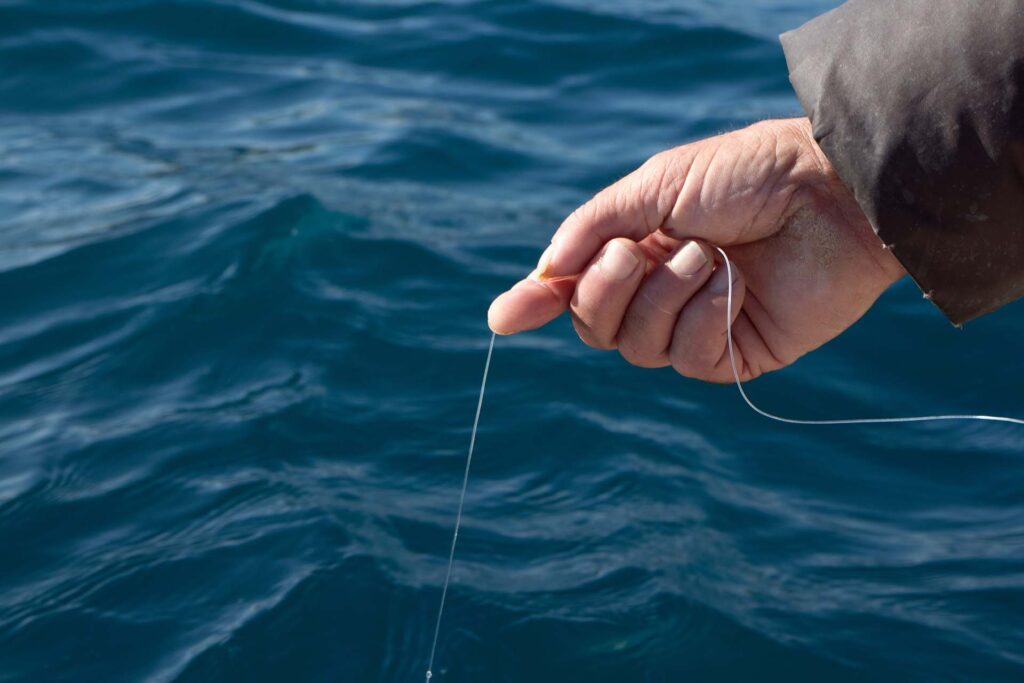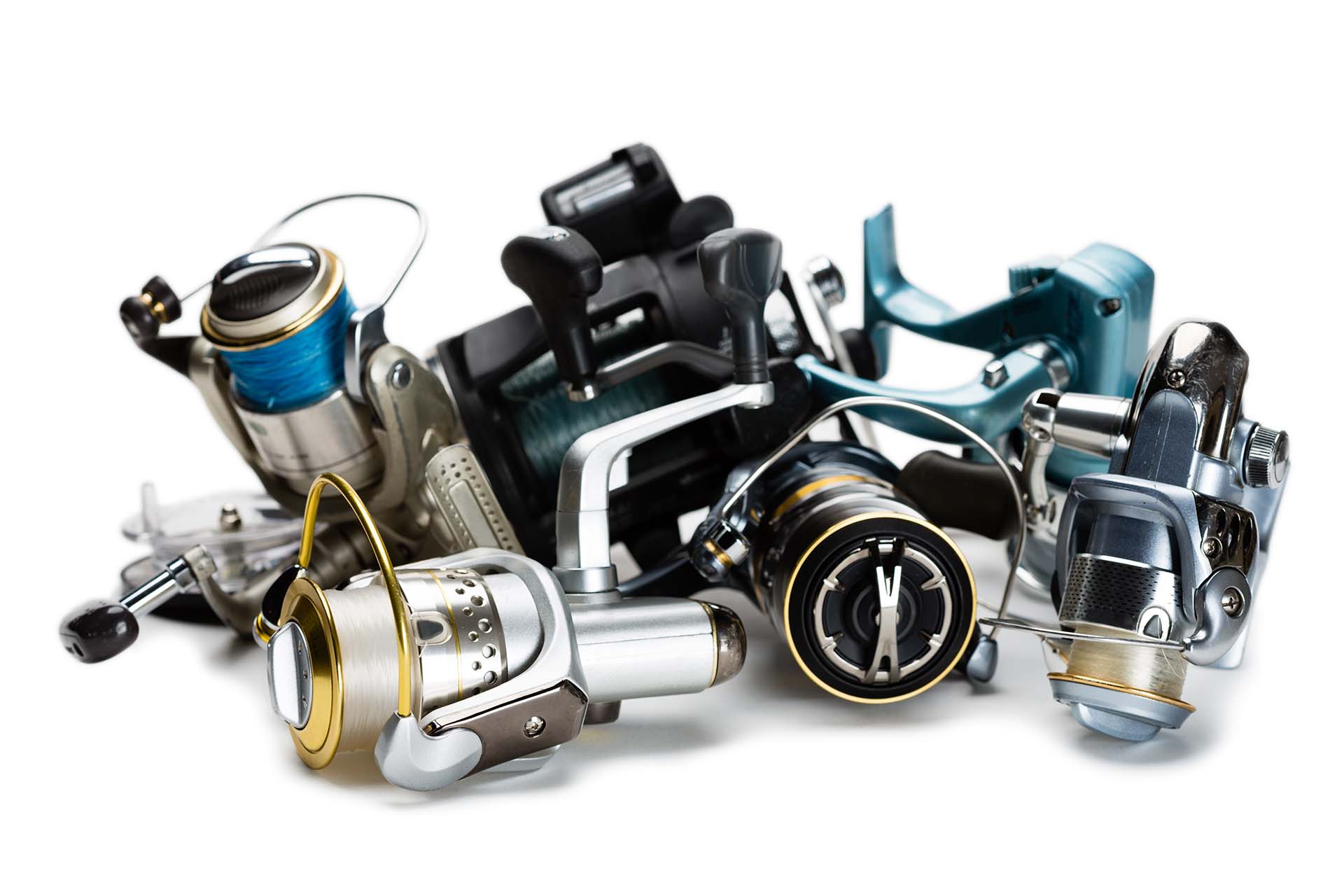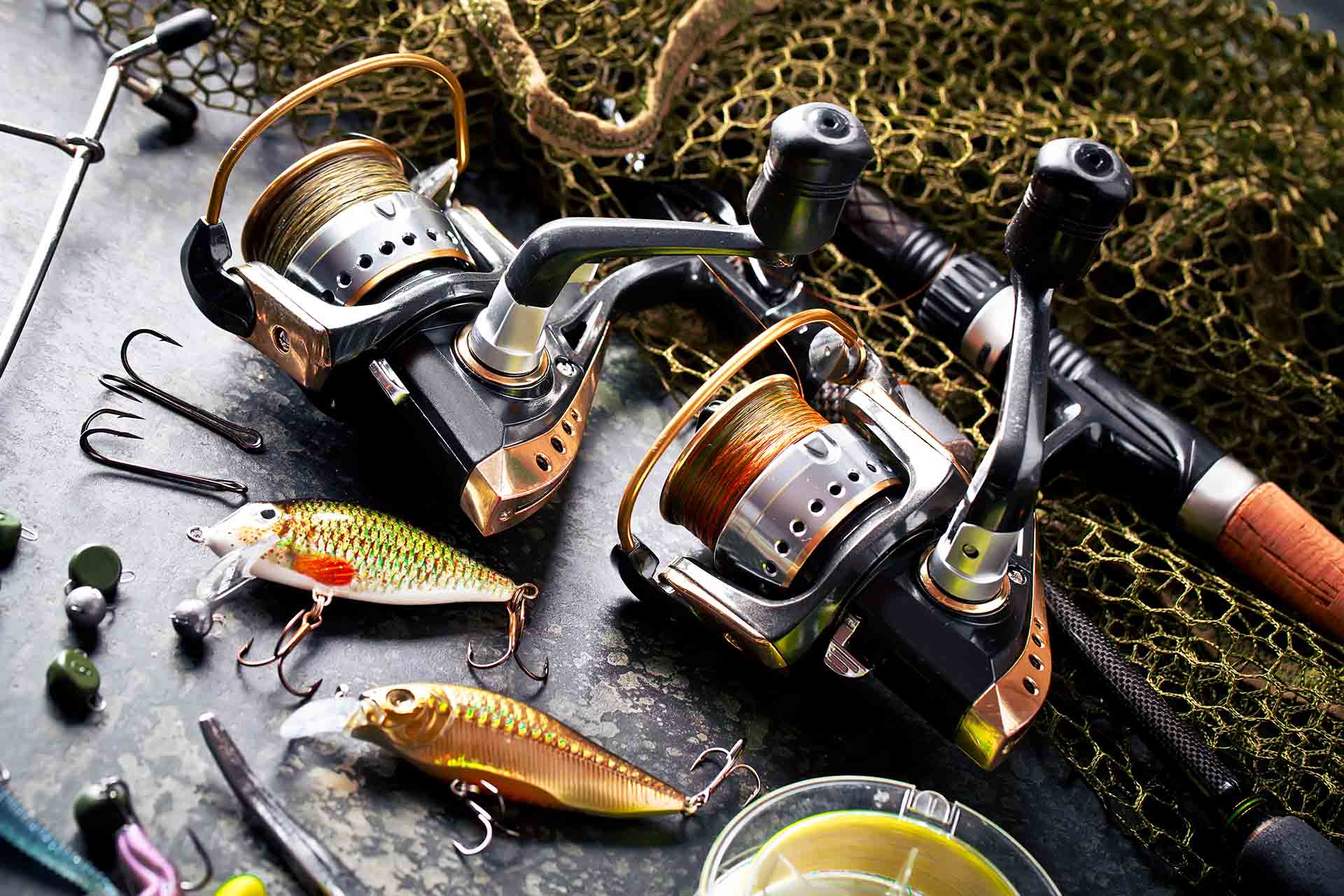Do you want to experience the great outdoors and catch your own dinner? Well, my friend, it’s time to talk about the art of catching fish! So let’s start with the basics – what is fishing exactly? Is it just about catching fish, or is there more to it than meets the eye?
What is fishing? In this article, we’ll dive deep into the world of fishing and explore everything from its history and benefits to its regulations and techniques. Remember, it is more than just casting a line and hoping for the best. So grab your fishing pole and a bucket of bait, and let’s get hooked on the wonderful world of fishing!
What Is Fishing Exactly? The Fishing Definition You Want to Know
Fishing definition can vary, but in the main sense, it is just a noun, but it can be so much more than that for some. It is the art of standing for hours, waving a stick, and pretending to be a ninja. All in the hopes of catching a slippery little fish that probably doesn’t even want to be caught.
Let’s be real for a minute. It is a popular pastime enjoyed by millions of people. It is done using a variety of methods, including using a rod and reel, a net, or even your bare hands. Some fish for sustenance, relying on their catch to provide food for their families. Others fish for sport, compete with friends, or enter fishing tournaments to see who can catch the biggest fish.
What is the Purpose of Fishing?
Fishing has been around for centuries, and it is a popular activity that continues to attract people all over the world. At its core, fishing is the practice of catching fish, typically from the wild, for various purposes:
- Recreation – For some, fishing provides an escape from the hustle and bustle of everyday life and a chance to relax and unwind.
- Food – Fishing is also essential for providing food for people around the world.
- Connection with nature – As an outdoor activity, it gives people an opportunity to admire the beauty of natural water bodies and wildlife.
- Competition – Fishing tournaments are a chance to showcase fishing skills and compete against others to win prizes and trophies.
- Stress relief – Some say the quiet and peaceful environment that fishing offers is an excellent way to unwind and de-stress.
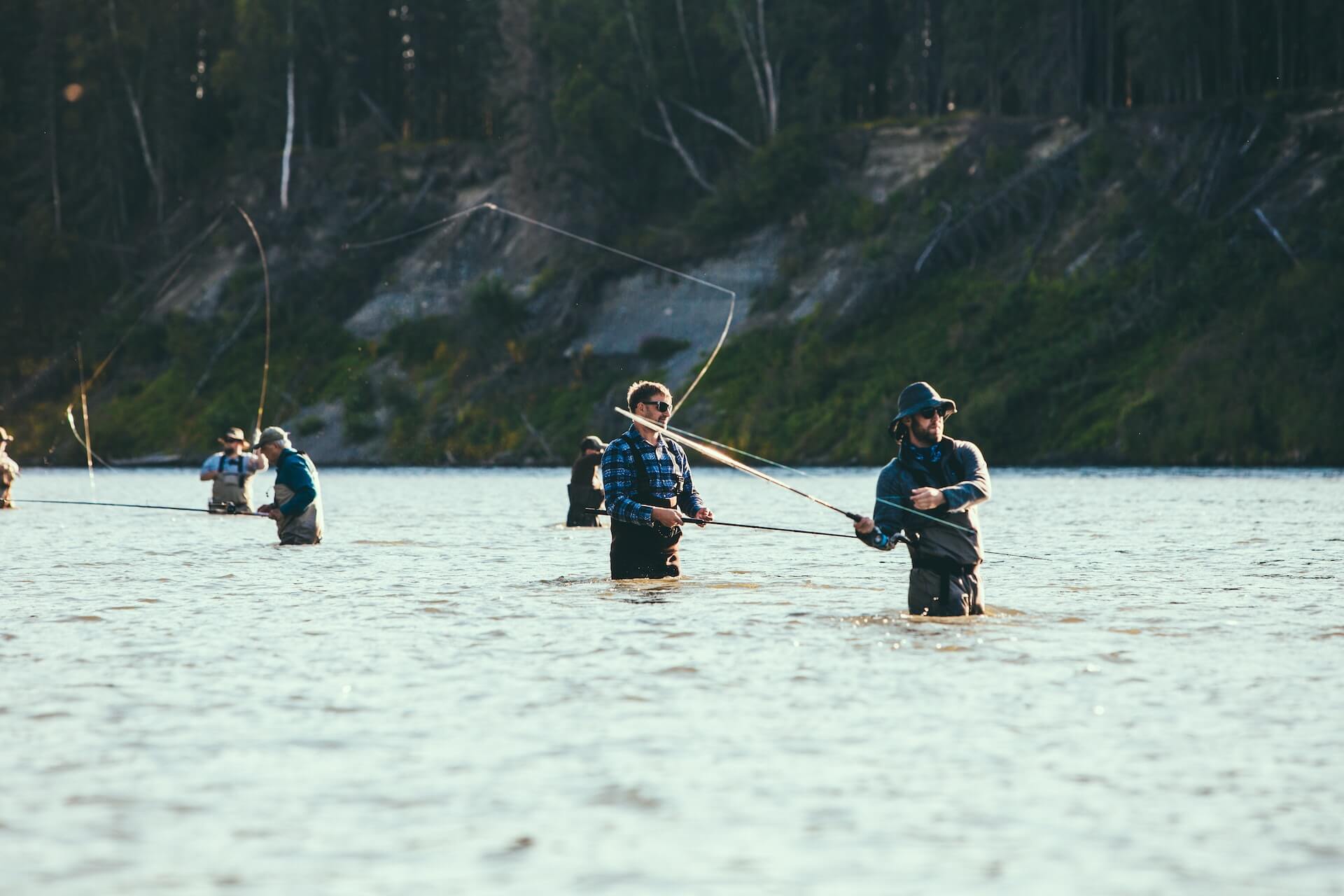
What Should You Know About the Evolution of Fishing?
Fishing is a pastime that has been around for centuries, dating back to ancient civilizations. It has played a significant role in human history and has evolved in countless ways over time.
It has been a means of survival for humans for thousands of years. Archaeologists have found evidence of ancient fishing equipment, such as hooks, lines, and nets, dating back to 40,000 years ago.
In the 19th century, fishing became a popular sport for the wealthy. People began to travel to remote areas to fish for trophy fish, and clubs were formed. Today, millions of people worldwide enjoy fishing, both as a means of sustenance and as a recreational activity.
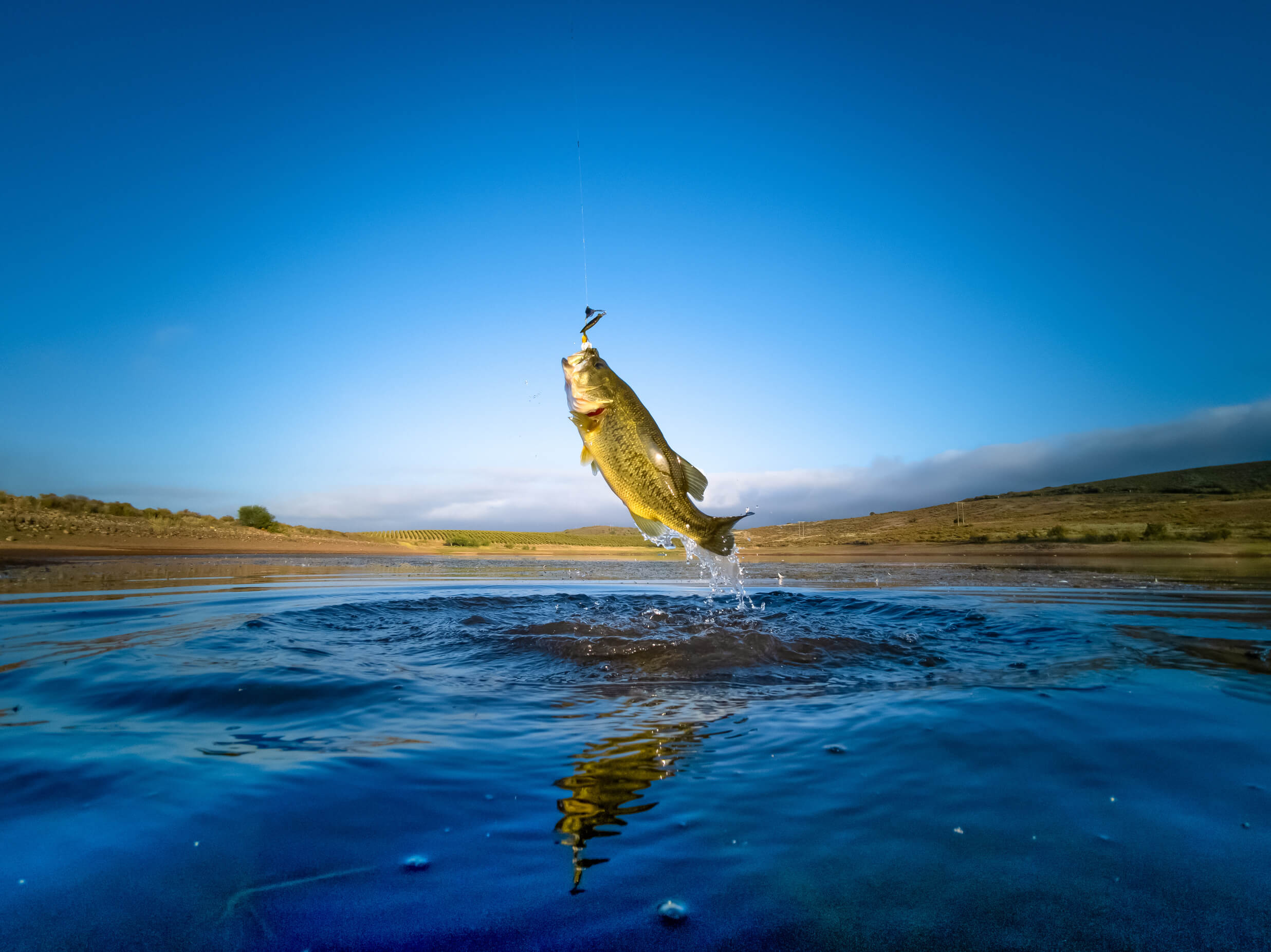
What Are Different Types of Fishing and Fish?
Did you know that there are many different types of fishing? It’s true! They can vary depending on where you fish, what kind of bait you use, or just what type of rod you have. So, let’s check some of the most well-known ways to cast a line and reel in a catch.
- Bank Fishing is the simplest method of all. It involves casting a line from the shore of a lake, pond, or river, using whatever bait or lures you prefer.
- Fly Fishing is all about elegance and technique. With this method, you use a lightweight rod and a line with an artificial fly tied to the end. The goal is to mimic the movements of a real fly to entice fish to bite.
- Casting is a fishing method that involves using a rod to cast a line with a bait or lure attached. It is commonly used in both freshwater and saltwater fishing and can be used to catch a variety of fish species.
- Droplining is a fishing method that involves suspending a line vertically into the water, with bait or lures attached to the end.
- Jigging involves using a weighted lure, known as a jig, used for fishing pike, for example.
As you can see, there are many different types of fishing, each with unique challenges and rewards. So, grab your gear, find your favorite method, and get out there and catch some fish!
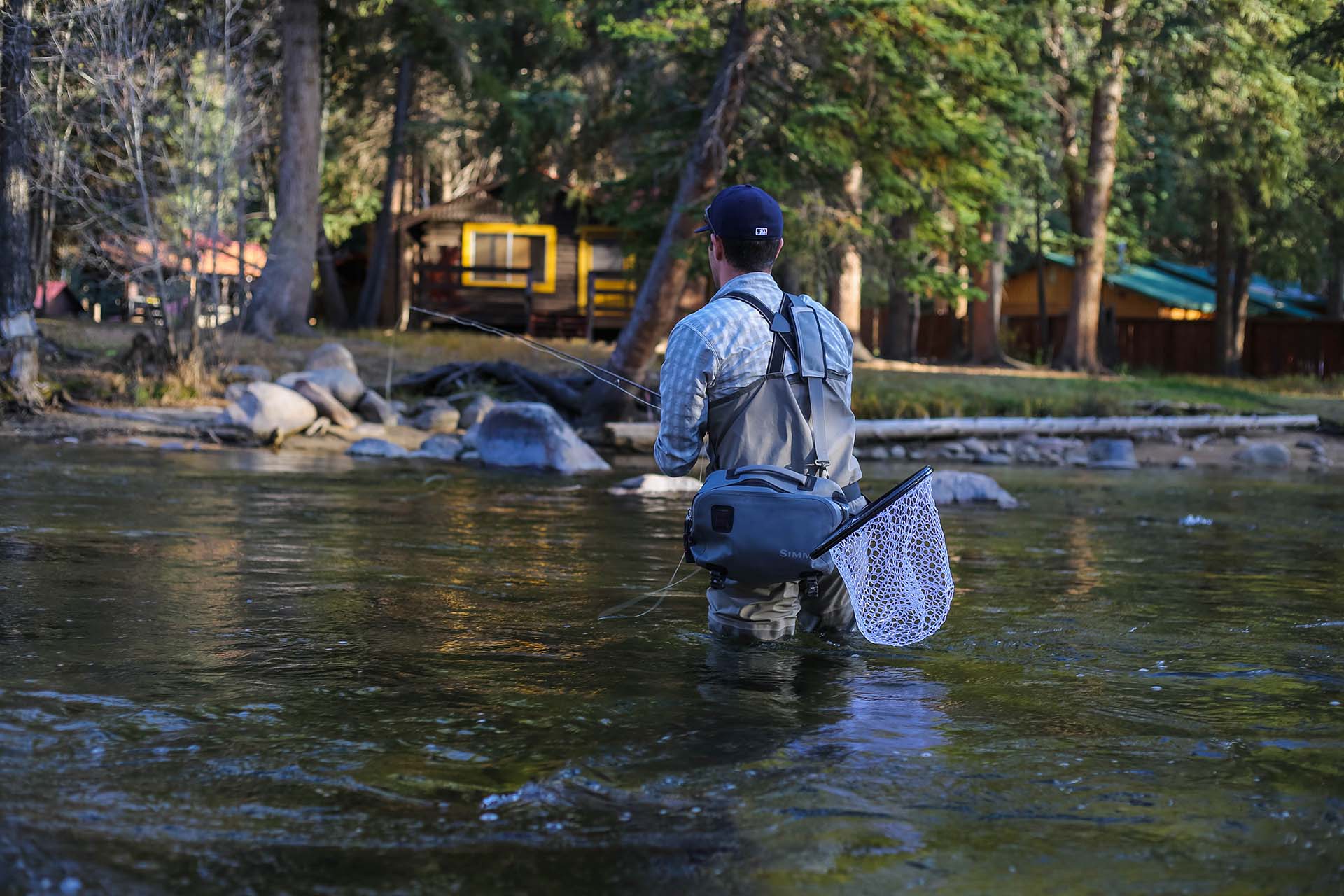
The Fishing Equipment You Need
There’s nothing quite like the feeling of the wind in your hair, the smell of the water, and the satisfaction of catching a big one. But let’s be honest, half the fun of fishing is getting all the gear!
So, what equipment do you actually need for fishing? That really depends on how seriously you take the sport. Casual weekend anglers might be able to get away with just a few basic items. But those die-hard fishing fanatics know that the sky’s the limit when it comes to gear.
However, let’s not get ahead of ourselves and stick to some basics – here are some of the essentials for any fishing trip:
So there you have it, folks – the essential equipment for a successful fishing trip. Just remember, it’s not always about the gear – sometimes the biggest catch is just spending time with friends and family and enjoying the great outdoors.
Rod and Reel
This is the most basic and essential piece of equipment you’ll need. You can go for the fancy, high-tech options or just pick up a basic rod and reel combo at your local sporting goods store.
Fishing Line
Don’t forget the line! This is what connects your rod to the hook and allows you to reel in the catch. Again, there are many options to choose from, including monofilament, braided, and fluorocarbon lines.
Hooks
You’ll need some hooks to attach to your line, and there are a variety of sizes and shapes to choose from. Make sure you have a good assortment to match the hook to the size and type of fish you’re going after.
Bait
Whether you prefer live bait or artificial lures, ensure you have something to entice the fish to bite. Worms, minnows, and grubs are popular live bait options, while lures come in various colors, shapes, and sizes.
Tackle Box
This is where you’ll store all your gear, including hooks, lures, sinkers, and other small items. There are many options to choose from, including traditional plastic boxes, backpacks, and even tackle bags with built-in rod holders.
Leveling Up Your Fishing Game With Additional Equipment
Now, if you really want to take your fishing game to the next level, here are a few more items you might want to consider:
- Fish Finder – If you’re planning on fishing in a stream or river, Fishing Finder as a tool can help you locate each species.
- Waders – This is what connects your rod to the hook and allows you to reel in the catch. Again, there are many options to choose from, including monofilament, braided, and fluorocarbon lines.
- Fishing Hat – A classic fishing hat can not only protect you from the sun but also make you look like a seasoned angler.
- Fishing Chair – Who says you have to stand the whole time? A fishing chair can provide a comfortable spot to sit and wait for the fish to bite.
So there you have it, folks – the essential equipment for a successful fishing trip. Just remember, it’s not always about the gear – sometimes the biggest catch is just spending time with friends and family and enjoying the great outdoors.
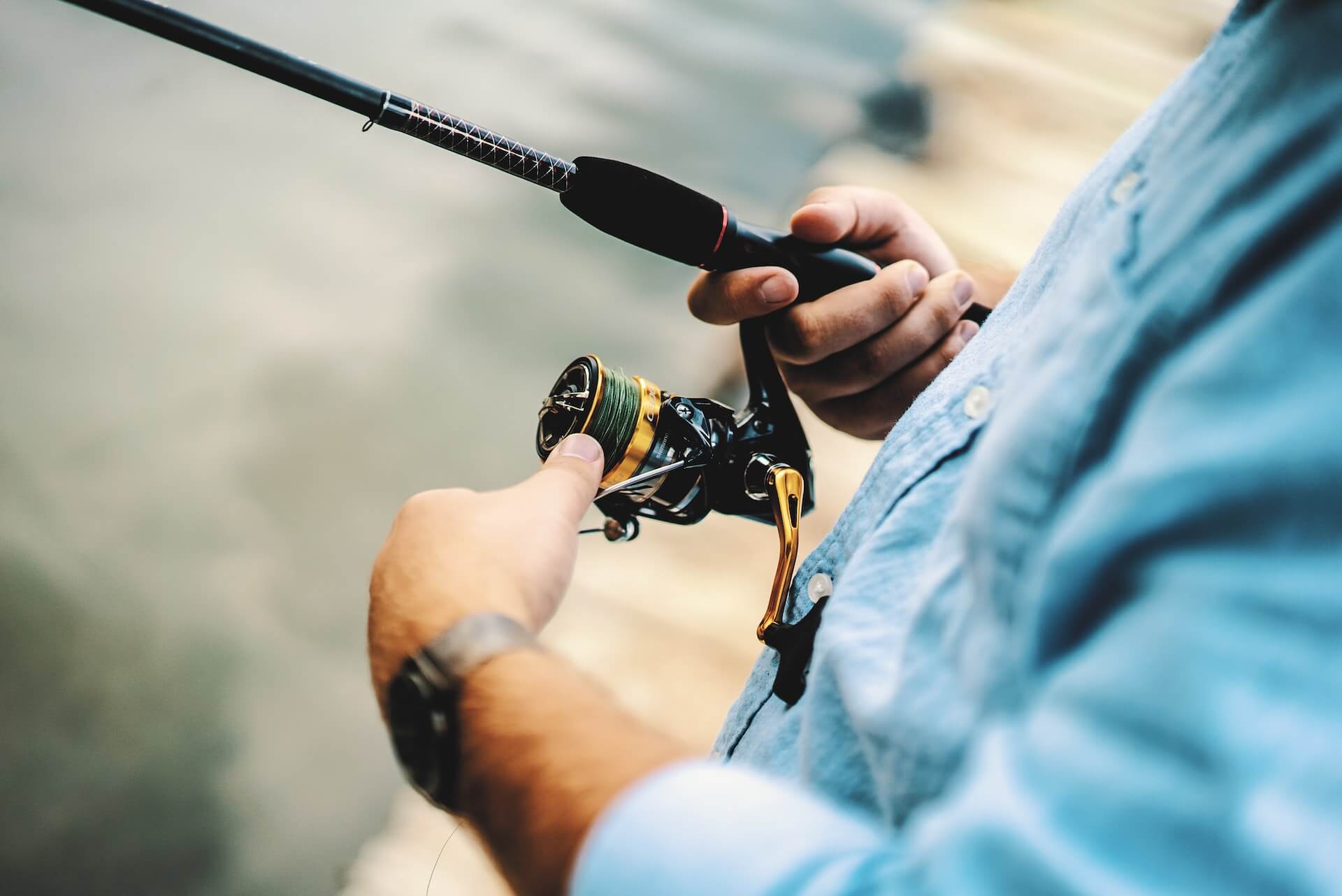
What Are the Benefits of Fishing?
Fishing is not only a fun activity but also has numerous benefits for both physical and mental health. For starters, it reduces stress because it offers a great opportunity to disconnect from the daily hustle and bustle and spend time in nature.
It can help improve physical fitness by providing a low-impact workout. Walking along the riverbank, casting, and reeling in fish can help build strength and improve balance and coordination. On top of that, it can help promote relaxation by allowing you to slow down and enjoy the peaceful surroundings. Being out in nature, away from the noise and distractions of daily life, can be a great way to unwind.
Also, spending time in nature has been shown to boost the immune system by increasing levels of natural killer cells, which help fight off infection and disease.
Fishing can help enhance mental health by providing a sense of accomplishment and improving self-esteem. The challenge of catching fish can provide a sense of achievement and boost confidence. And while you are at it, it can be a great way to socialize with family and friends or to meet new people.
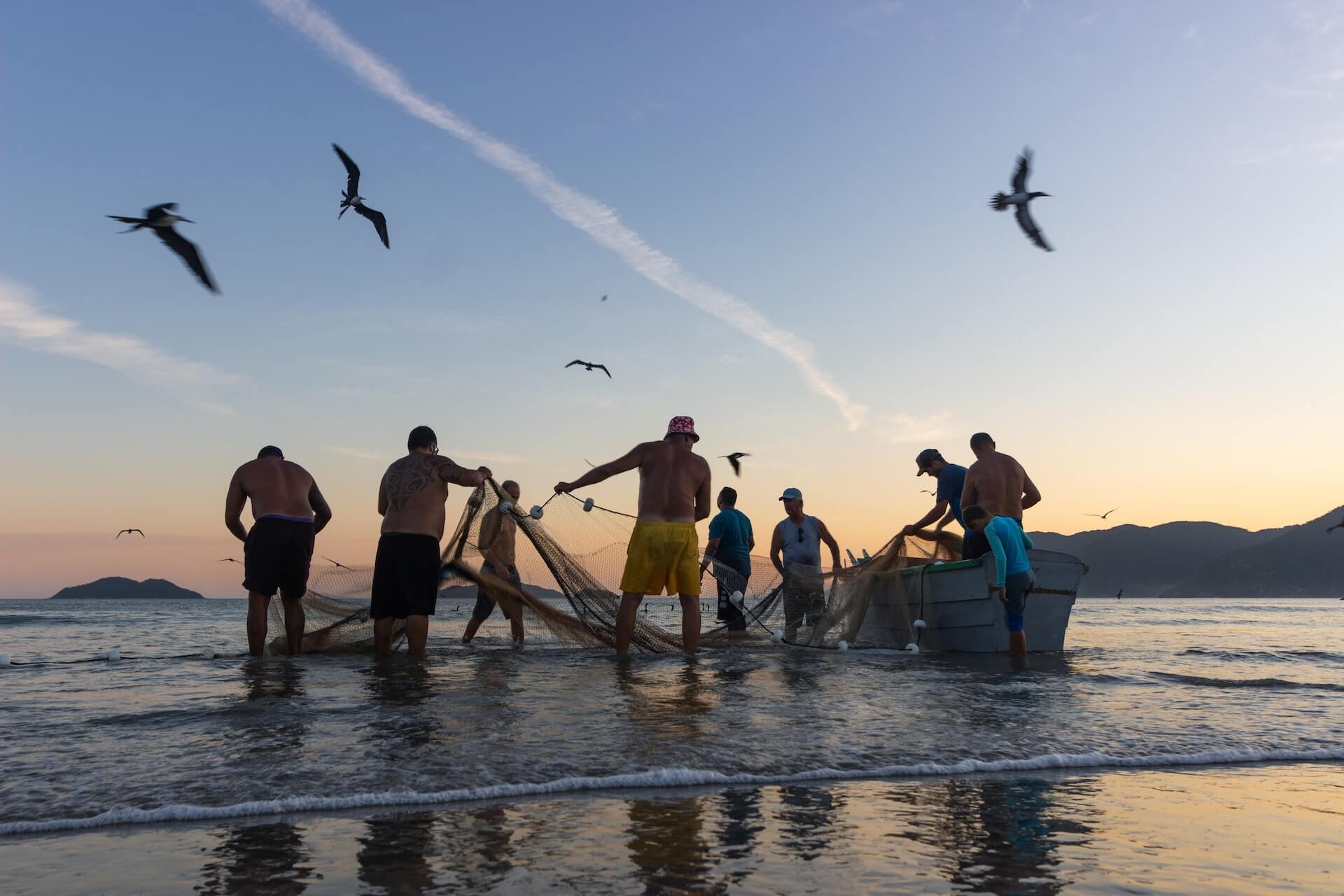
Are There Fishing Etiquette and Regulations You Should Be Aware Of?
Yes, fishing is a fun and enjoyable activity. But it’s important to follow proper etiquette and regulations to ensure that we preserve our natural resources and maintain a safe and enjoyable environment for all.
Firstly, make sure to obtain the necessary permits and licenses required by your state or country. This helps ensure that fishing is sustainable and regulated. It’s important to follow regulations to ensure that fishing remains sustainable and safe. Make sure to know the size and bag limits for the species you’re fishing for, and follow any restrictions.
Also, it’s important to respect the wildlife around you. Don’t disturb their natural habitats. If you plan on releasing the fish caught, make sure to follow catch-and-release guidelines. Use barbless hooks to minimize injury to the fish, and handle them as little as possible to avoid stressing them out.
By following proper etiquette and regulations, we can ensure that fishing remains a fun and sustainable activity for years to come. So, whether you’re a seasoned angler or just starting out, remember to respect wildlife, follow regulations, and be considerate of others.
Strange Fishing Laws Around the World
The world is not one giant village that follows the same laws and procedures. Some countries take fishing more seriously than others and create (some would say) strange laws. Let’s check out how some places took fishing to a completely different level:
| Country | Regulation |
|---|---|
| Australia | You shouldn't tickle trout under their belly |
| New York State | You need a license even to help net fishing |
| Germany | It is illegal to catch and release fish |
Is Sport Fishing Popular?
Yes, besides being a great hobby, fishing can be a competitive sport where professional anglers compete against each other. As a sport, the goal is to catch fish for recreational purposes rather than for commercial or subsistence purposes.
Sport fishing can be done in freshwater or saltwater environments and can involve using a wide range of fishing techniques and gear. Many enthusiasts practice catch and release, where fish are returned to the water after being caught, in order to minimize the impact on fish populations and ecosystems.
Fishing is also a major industry that employs millions of people worldwide. It involves the commercial harvesting of fish and other aquatic animals for human consumption. The industry is an important source of food and income for many communities around the world, particularly in developing countries.
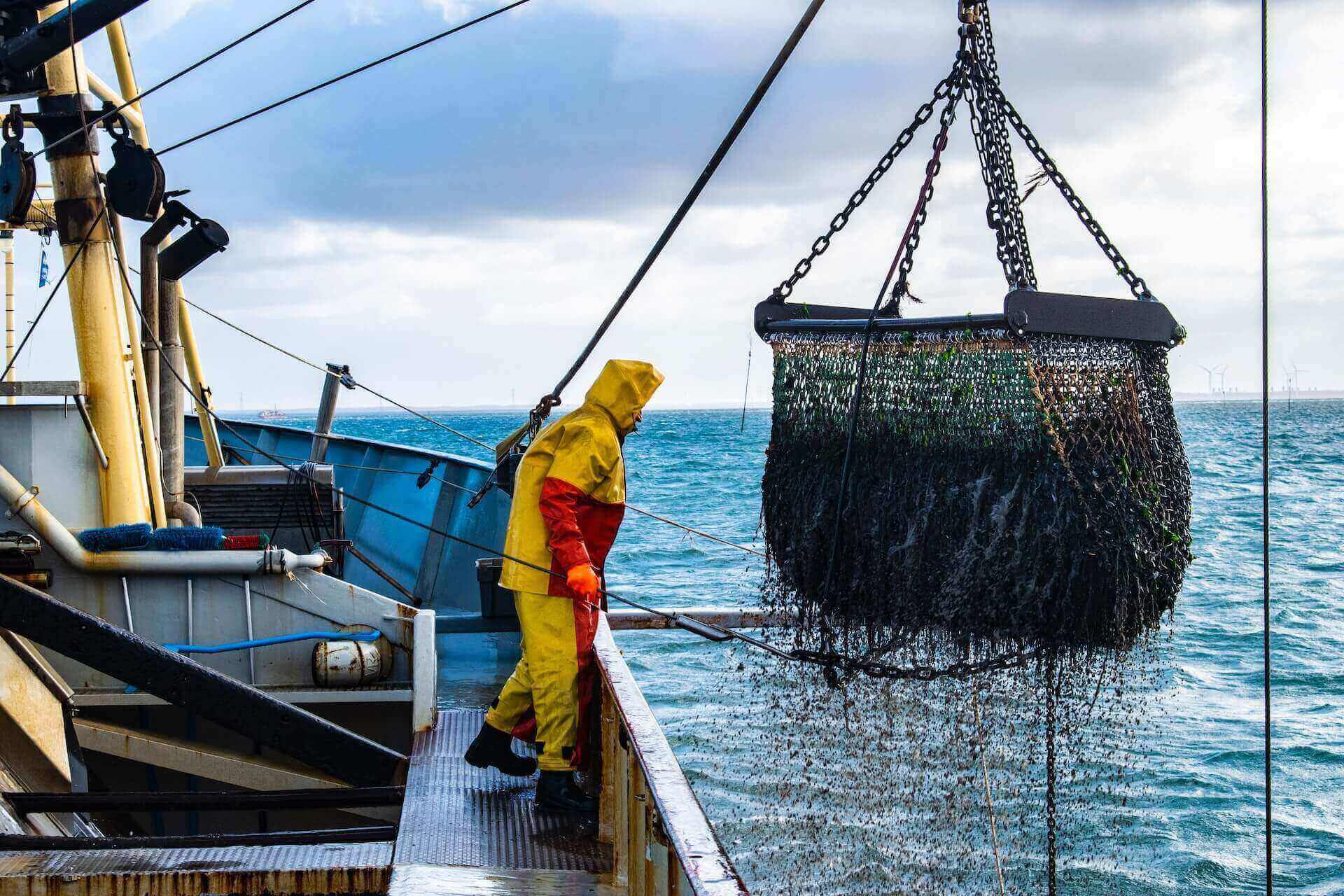
What Are Some Fishing Tips That Can Help Beginners?
Are you ready to tackle the challenge of fishing? If you’re a complete novice, there are a few tips and tricks you can learn that will up your game:
-
- Start with basic gear such as a rod, reel, line, hooks, and bait.
- Learn to tie basic knots.
- Choose the right location that is known to have fish and is accessible.
- Use bait that is appropriate for the fish you’re targeting.
- Be patient. It may take some time before you get a catch, so try to enjoy the experience and the peacefulness of being out on the water. And remember – a bad day of fishing beats a good day at work any time!
Remember, fishing is meant to be a fun and enjoyable experience, so don’t get discouraged if you don’t catch anything right away. Keep practicing and learning, and you’ll soon become a skilled angler.
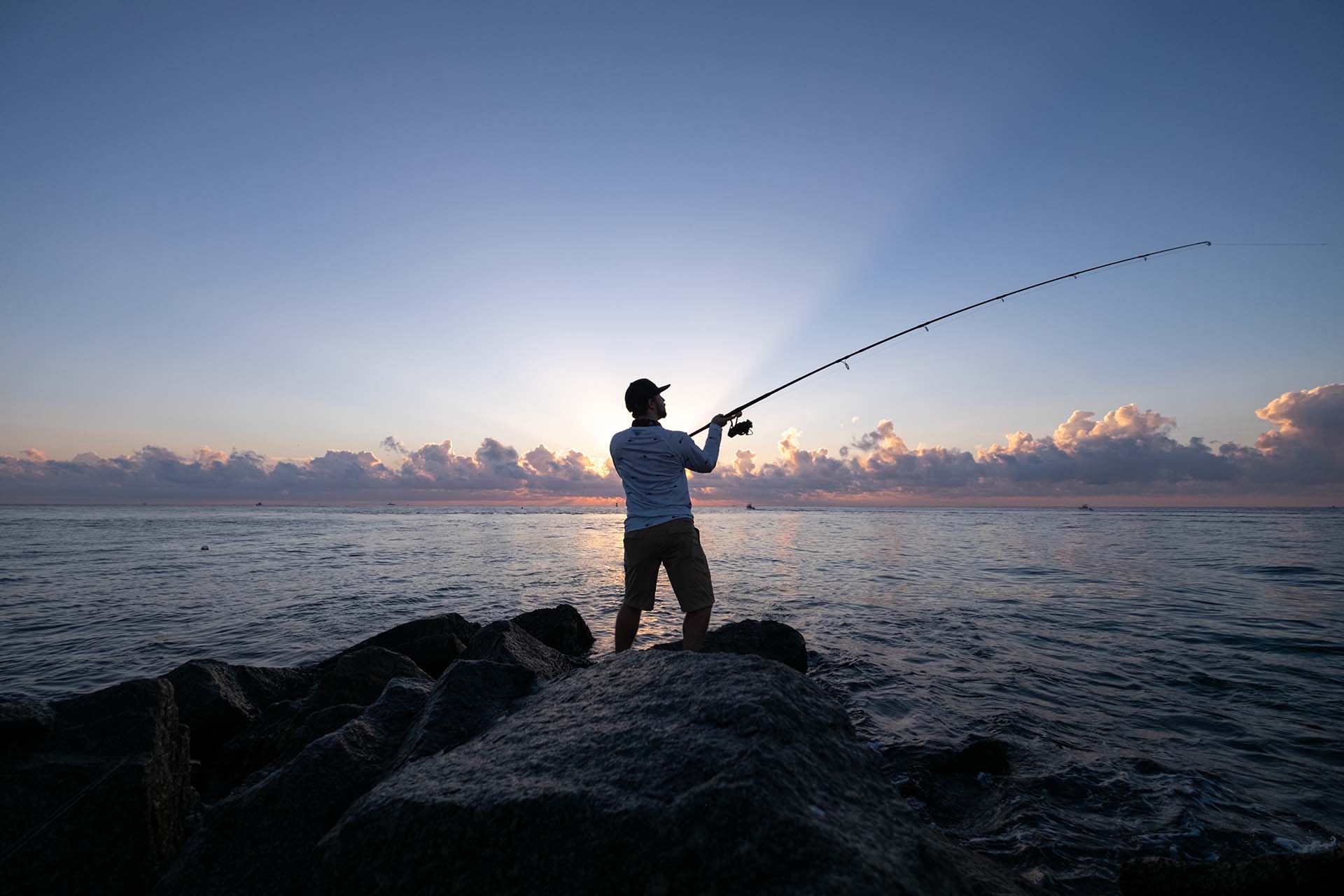
Hook, Line, and Sinker – Wrapping Up the Basics of Fishing
In conclusion, fishing is a popular activity that has been around for thousands of years. It involves catching fish and other aquatic animals for various purposes, such as food, sport, or commercial use. It can take place in a wide variety of environments, including freshwater and saltwater, and can involve using a range of techniques and gear.
While fishing can be a fun and rewarding activity, it’s important to practice responsible and sustainable fishing practices to ensure the long-term health of fish populations and marine ecosystems. By following regulations, using appropriate gear and techniques, and practicing catch and release, we can help to ensure that fishing remains a sustainable activity for generations to come.
There you have it, everything you need to know before getting hooked on fishing! Embrace it and enjoy.


